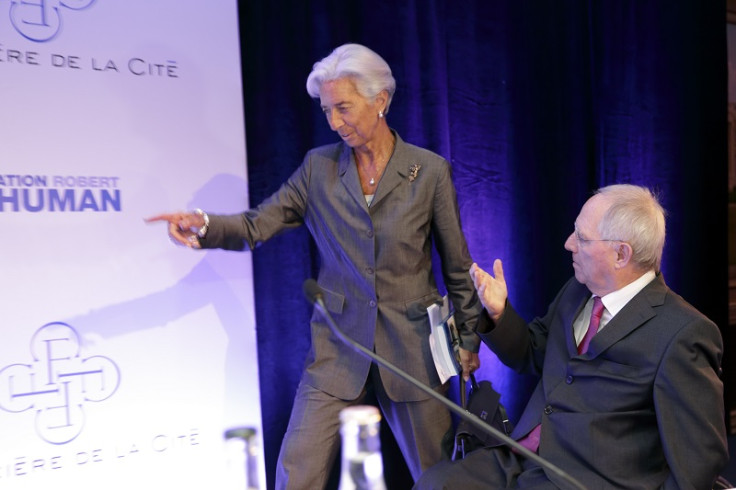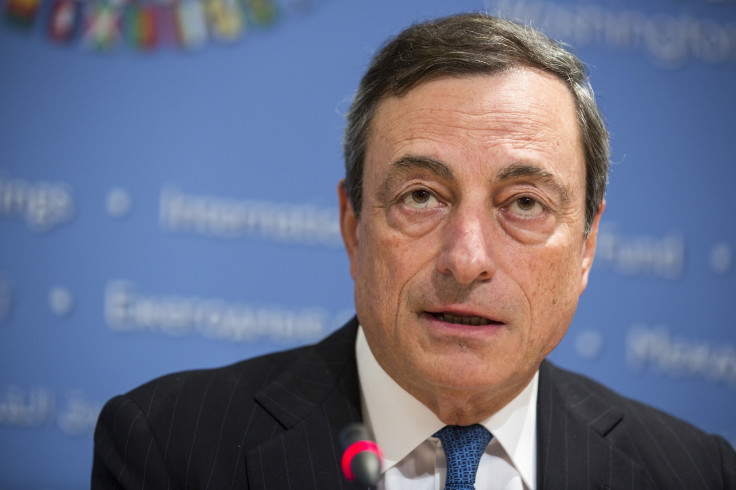William Keegan: The IMF has Gone all Keynesian but Europe Should Not Follow its Lead
The International Monetary Fund, which has been having its annual general meeting in Washington, is one of the multilateral institutions that was set up after the 1939-45 World War with the object of ensuring the world should never experience a repeat of the economic depression of the interwar years.
The general idea was that there should be fair play and fair trade internationally, and that within national economies the emphasis should be on sensible economic policies. The emphasis was on high employment, minimum inflation, and economic growth. The IMF's particular role was to
assist countries with temporary loans when they ran into balance of payments problems, as many did over the years - including, famously, the UK during the 1960s and 1970s.

There is always a quid pro quo in such matters and the IMF would insist on certain restrictive economic measures in return for its loans of foreign currency. For many years the 'Fund', as it is known by aficionados, was obsessed with levels of public spending and budget deficits.
It became notorious for provoking anything from the near-collapse of the British Labour government in 1976 to the outbreak of riots in Egypt after it insisted on the removal of bread subsidies.
However, students of the Fund are now rubbing their eyes as they witness statements from Christine Lagarde, managing director of the Fund, urging Eurozone governments to go easy on reducing their deficits. And the Fund is now strongly urging these nations to embark on major spending increases, not cuts, with the idea that much-needed infrastructure projects would not only mitigate the extent of unemployment but also pay for themselves via future economic benefits and income streams.
This is quite a reversal, and not before time. Indeed, one of the many mistakes made by governments in response to what Lagarde's predecessor, Dominique Strauss-Kahn, termed "The Great Recession" was to cut back on capital spending. And this at a time when interest rates were so low that it made perfect sense to borrow for long-term investment.
How will Europe react?
But the big question in the eurozone is: will countries respond to the IMF's plea?
It is all very well the IMF changing course but the eurozone economy is dominated by Germany and that country's finance minister, Wolfgang Schäuble, seems to be pathologically opposed to easing up on deficit targets and embarking on major investment programmes.

The trouble is the essential message of Keynes - that when economies are in a hole, policy makers should not dig deeper - has failed to penetrate the German consciousness. There still seems to be an obsession with avoiding the kind of inflation that was experienced after both the 1914-18 and the 1939-45 wars.
The problem, indeed crisis, in the eurozone is the threat of deflation, and even the all-powerful German economy appears to be slowing down dramatically.
The President of the European Central Bank, Mario Draghi, is sometimes credited with almost mystical powers, but even he has no power over fiscal policy in the eurozone, which is still emphasising the supposed need for further reductions in budget deficits.
I am a strong believer in the importance of the European Union, including the UK's continued membership. But I always thought the formation of the eurozone was a mistake and, given the current stance of policy, I fear for its future.
William Keegan is a journalist and academic who is the senior economics commentator at The Observer.
© Copyright IBTimes 2025. All rights reserved.






















